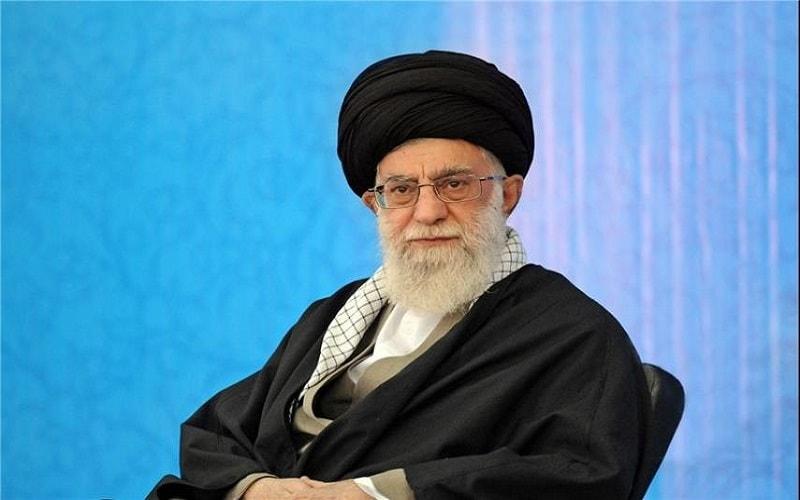Ali Khamenei: Vali-e Faqih (Supreme Leader) of Iran regime
Name: Ali
Family Name: Khamenei
POSITION IN 1988: President
CURRENT POSITION: Vali-e Faqih (Supreme Leader)
OTHER POSITIONS:
1 Member, Revolutionary Council
2 President, two terms for a total of eight years
3 Supreme Leader since 1989
Family Name: Khamenei
POSITION IN 1988: President
CURRENT POSITION: Vali-e Faqih (Supreme Leader)
OTHER POSITIONS:
1 Member, Revolutionary Council
2 President, two terms for a total of eight years
3 Supreme Leader since 1989
CHARGES RELATED TO THE MASSACRE OF POLITICAL PRISONERS IN IRAN IN 1988:
1. Khamenei was present in the meeting where Khomeini ordered the massacre .Khamenei strongly supported Khomeini’s order and persistently defended the fatwa when international condemnation mounted.
1. Khamenei was present in the meeting where Khomeini ordered the massacre .Khamenei strongly supported Khomeini’s order and persistently defended the fatwa when international condemnation mounted.
2. As President and the highest ranking executive authority in 1988, Khamenei bears primary responsibility for the massacre. As President, he allowed unlimited governmental resources to be used in implementing Khomeini’s order.
3. Khamenei has since been actively involved in preventing the exposure of the carnage. In order to protect the “interests of the system” after the 1988 massacre and keep the crimes against humanity from being exposed, he prevented the UNHRC Special Representative from visiting Iran (reported by the regime’s radio on 6 December 1988).
PUBLIC STATEMENTS:
Khamenei acknowledged his responsibility and defended the massacre of political prisoners “With respect to executions, mass executions in Iran, have we banned capital punishment?
Khamenei acknowledged his responsibility and defended the massacre of political prisoners “With respect to executions, mass executions in Iran, have we banned capital punishment?
No. We in the Islamic Republic have capital punishment for those who deserve to be executed. Do you think we should give sweets to a prisoner who has connections with the activities of the Monafeqin who attacked the Islamic Republic’s borders? If his connection with that group is revealed, what should we do to him?
He is condemned to execution and we will execute him. We do not joke with this” (Tehran radio, 12 December 1988.)
